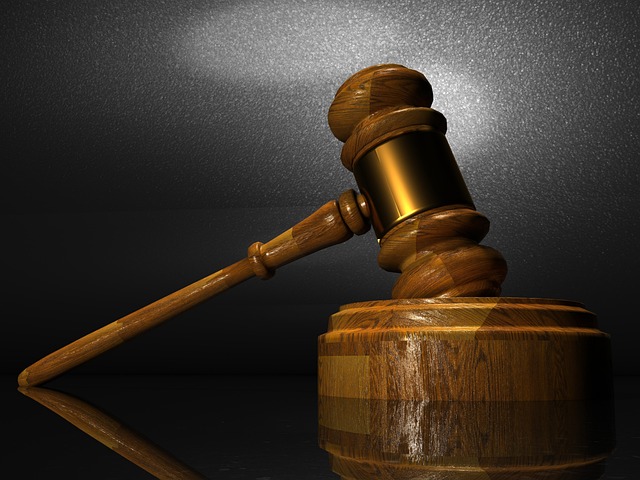Cape Town — President Cyril Ramaphosa has signed the Prevention and Combatting of Hate Crimes and Hate Speech Bill into law, which will punish anyone who commits those offences.
The legislative measure will give effect to South Africa’s obligations in terms of the Constitution and international human rights in terms of racism, racial discrimination, xenophobia and related intolerance, in accordance with international law obligations, the presidency said.
“The Constitution sets out certain basic values including human dignity, the achievement of equality and the advancement of human rights and freedoms and non-racialism and non-sexism.” Ramaphosa said.
According to the Bill of Rights, Section 9 of the Constitution prohibits any form of discrimination against another person on the grounds of race, gender, sex, pregnancy, marital status, ethnic or social origin, colour, sexual orientation, age, disability, religion, conscience, belief, culture, language and birth.
The new Hate Crimes Act will provide the prevention of any hate crimes or hate speech. The Act defines a hate crime as offences that target the victim’s association or support of a person or a group of people who share these characteristics.
President @CyrilRamaphosa has assented to the Preventing and Combating of Hate Crimes and Hate Speech Bill, which outlaws offences of #hatecrimes and the offence of #hatespeech and the prosecution of persons who commit those offences. https://t.co/Vl3N4tBPbO
— The Presidency 🇿🇦 (@PresidencyZA) May 9, 2024
“The offence of hate speech applies to any person who intentionally publishes, propagates, advocates, shares or communicates anything to one or more persons in a manner that could reasonably be construed to demonstrate a clear intention to be harmful or to incite harm and to promote or propagate hatred based on defined grounds.” Ramaphosa said.
The law excludes from the ambit of hate speech anything done in good faith in the course of engagement, such as:
* artistic creativity, performance or other form of expression;
* academic or scientific inquiry;
* fair and accurate reporting or commentary in the public interest;
* interpretation and articulating or espousing of any religious conviction, tenet, belief, teaching, doctrine or writings, that does not advocate hatred or constitutes incitement to cause harm.
The law also contains directives on training and other measures to be undertaken by the South African Police Service (SAPS) and the National Prosecuting Authority (NPA) to ensure effective processing of the newly defined crimes.
Follow African Insider on Facebook, Twitter and Instagram
Picture: Pixabay
For more African news, visit Africaninsider.com
Compiled by Matthew Petersen


